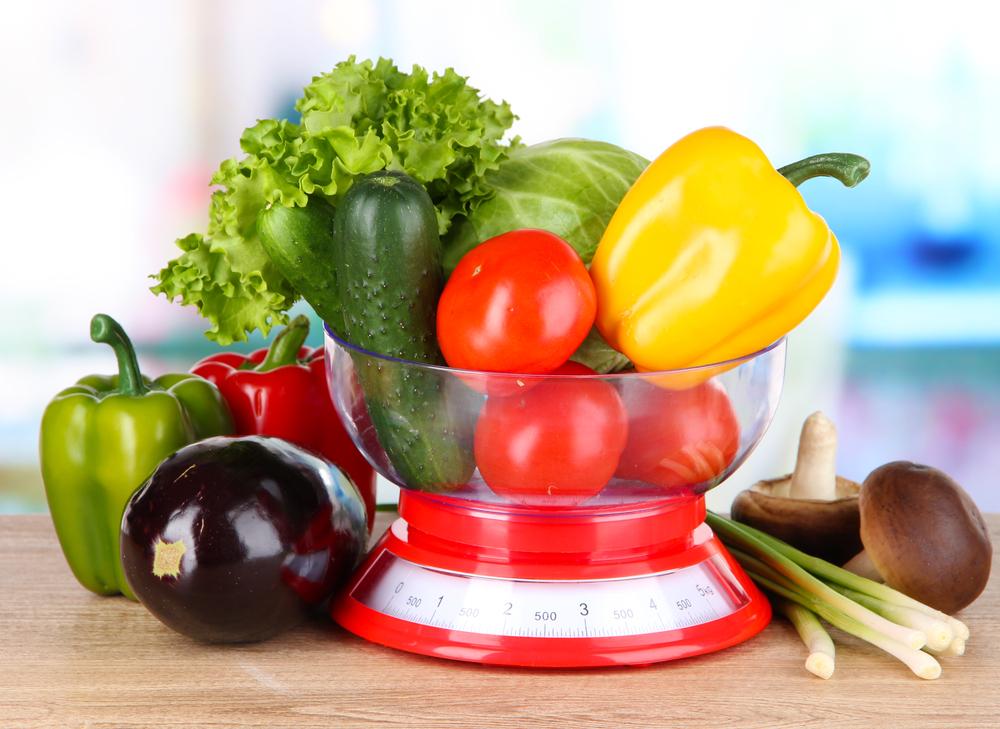
Dietary Changes and Tips for Eczema
Eczema, also known as dermatitis, is defined as a group of diseases that result in skin inflammation, rashes, and red and itchy skin. Many people in the country have some form of the condition. The causes of eczema are not known, but it is presumed to be caused by genetic and environmental factors.
1. Types of eczema
There are various types of eczema:
- Atopic dermatitis
It is common in developed countries, and the main causes are genetic. - Contact dermatitis
Exposure to allergens and irritants like detergent, wet cement, and such are the main causes. - Dyshidrotic eczema
It only occurs on soles, palms, and the sides of toes and fingers. - Discoid eczema
It is characterized by coin-shaped red rashes, and the cause is not known. - Stasis dermatitis
also called venous eczema, people over 50 years of age have this type of eczema that affects the ankle area. - Lichen simplex chronicus
The causes are constant scratching and rubbing a skin area. - Seborrheic dermatitis
One of the common disorders in the country, it usually affects people around the age of 50, at puberty, and infants less than 3 months of age.
2. How can eczema be treated?
One can control the symptoms and manage eczema by changing their lifestyle. Bathing at least twice a day and moisturizing is recommended for eczema patients. Dietary changes help to manage and control the symptoms by reducing inflammation and providing further relief from the symptoms.
Suitable foods are anti-inflammatory in nature, like the following:
- Fish
Salmon, sardines, herring, albacore tuna, and mackerel are some types of fish that are good and are one of the best foods for eczema as they are rich in omega-3 fatty acids. Also, the astaxanthin present in salmon helps to decrease the allergic reactions. - Probiotics
Yogurt, tempeh, soft cheese, and other fermented foods help to reduce allergic reactions and are best for eczema. - Flavonoids and quercetin
These plant-based components fight inflammation. They are found in apples, spinach, cherries, and broccoli. - Flaxseed oil
Flaxseeds are rich in omega -3 and help in soothing the symptoms of eczema.
3. Foods to avoid with eczema
Here’s a list of foods for eczema patients to avoid:
- Soy
- Tomatoes
- Nuts
- Grapes
- Eggs
- Dairy products
- Gluten or wheat
- Cloves
- Cinnamon
- Kiwis
- Avocados
- Oranges
- Meat
4. Tips to manage eczema
- Drink plenty of water.
- Minimize the use of soaps containing fragrances, and switch to using hypoallergenic soaps.
- The anti-itching and anti-inflammatory properties in tea tree oil help to alleviate symptoms.
- Use olive oil as it has anti-inflammatory properties, and there are various soothing foods that help to manage the symptoms of eczema.
- Use of aloe vera gel hydrates the skin and reduces the chances of infections.
- Cucumbers are rich in anti-inflammatory properties and are great foods for eczema due to their soothing and cooling effect.
One of the best ways to manage this condition is to change the diet and include fish and probiotics, which are some of the best foods for eczema treatment.


